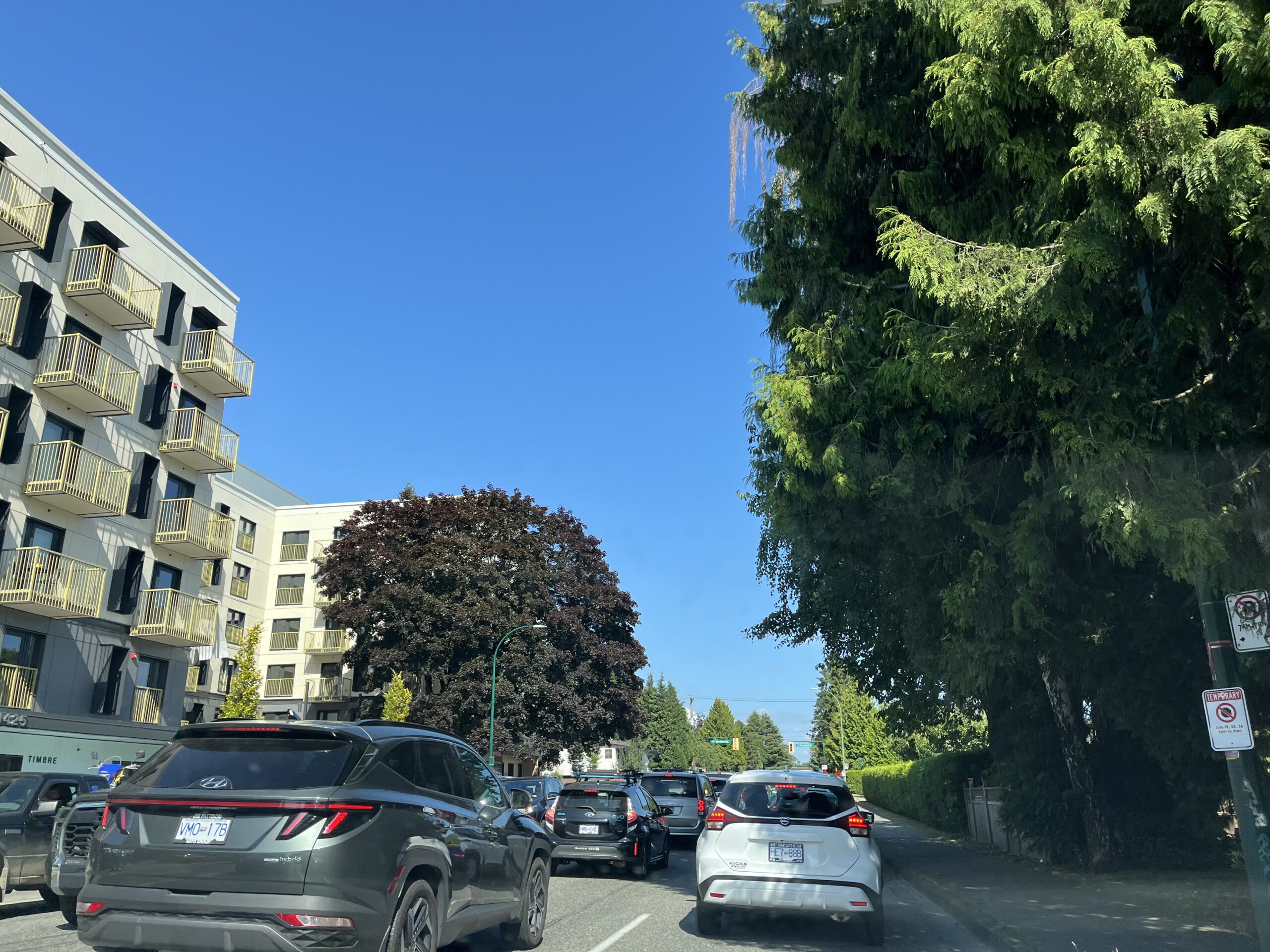As Greater Vancouver enters the second half of 2025, one question dominates homebuyer and investor conversations: “When will Vancouver home prices hit bottom?” The answer isn’t simple, but by examining current market trends, expert forecasts, and macroeconomic forces, we can build a clearer picture of what to expect in the coming months.
Why This Question Matters
For first-time buyers, timing a purchase can mean saving tens of thousands of dollars. For sellers and investors, understanding when prices may rebound informs key decisions around listing, holding, or acquiring property. Unlike short-term fluctuations, real estate cycles in Vancouver are often driven by a mix of global economic conditions, government policy, and demographic trends—all of which are shifting dramatically in 2025.
Current State of Vancouver’s Housing Market (Mid-2025)
As of Q2 2025, benchmark home prices in Greater Vancouver sit at approximately $1.17 million, down 6.4% year-over-year from 2024 (MLS® HPI, June 2025). Sales volumes have decreased by roughly 12% compared to the 10-year average. Inventory has increased steadily since the fall of 2024, but remains tight in some high-demand neighborhoods like Mount Pleasant and Renfrew.
What Experts Are Saying
Robert Hogue, Assistant Chief Economist at RBC:
“We believe the market correction is entering its late stage. Most of the price softness occurred in 2023–2024. Any further declines in 2025 will be moderate and highly localized.”
Brendon Ogmundson, Chief Economist, BCREA:
“Buyers expecting a major crash will likely be disappointed. The fundamentals of Vancouver—limited land, high immigration, and resilient job growth—mean prices tend to flatten, not collapse.”
Read more: How Aging Population Trends Influence Vancouver Housing Demand
Key Indicators Pointing to a Bottom
1. Interest Rate Trends
The Bank of Canada began cutting rates cautiously in early 2025. Mortgage rates, while still above pandemic lows, have softened to around 4.74% for a 5-year fixed as of July 2025. This has begun to improve affordability metrics, nudging hesitant buyers back into the market.
2. Immigration and Population Growth
BC continues to lead Canada in population growth, driven by federal immigration targets (485,000 newcomers in 2025) and interprovincial migration. Metro Vancouver alone is projected to add 55,000 residents this year, supporting long-term housing demand.
3. Job Market Resilience
Vancouver’s unemployment rate remains low at 4.7%, with strength in tech, construction, healthcare, and tourism. Household incomes are rising slowly, which helps maintain buying power amid elevated prices.
4. New Supply Pipeline
Housing starts peaked in 2022–2023 but are now slowing. According to CMHC, new completions in Vancouver will decline by 18% in 2025, creating a future supply crunch. Lower supply tends to stabilize prices.
5. Investor Re-Entry
With some regulatory uncertainty now behind us (e.g., federal foreign buyer ban extended, speculation tax clarified), some investors are beginning to re-enter the market, especially in condo pre-sales.
Local Insights by Area
- East Vancouver: Entry-level detached homes and townhomes under $1.5M are seeing renewed competition. Prices are likely stabilizing here.
- West Side: Luxury segment remains weak due to high carrying costs and wealth taxes. More downside risk into early 2026.
- Suburbs (Surrey, Langley, Maple Ridge): Price growth is slow but stable. These areas are attracting first-time buyers priced out of central neighborhoods.
Bottom Line Forecast: When Will Prices Hit Bottom?
Most economists forecast that Greater Vancouver’s prices will bottom between Q3 2025 and early Q1 2026, with a mild recovery beginning thereafter. Rather than a sudden drop, expect a plateau—followed by a gradual upward trend as rates fall and buyer confidence improves.
| Forecast Group | Predicted Bottom | Commentary |
|---|---|---|
| RBC Economics | Q3 2025 | “Late-stage correction” |
| BCREA | Q4 2025 | “Prices flattening now” |
| RE/MAX Canada | Q1 2026 | “Uptick likely in spring market” |
Should You Buy Now or Wait?
If You’re a First-Time Buyer:
If you have financing secured and find a property that fits your long-term needs, waiting for a “perfect” bottom might cost you more if rates rise again. Use tools like First Home Savings Account (FHSA) and ensure you’re mortgage pre-approved.
If You’re an Investor:
Look for undervalued segments like 1-bedroom condos in central areas or townhomes in transit-oriented communities. Cap rates are still tight but improving.
If You’re a Seller:
Consider listing in late fall 2025 or spring 2026, when prices are expected to stabilize and buyer activity rebounds.
Read more: The Impact of Remote Work on Vancouver Housing Demand
Final Thoughts
Vancouver’s housing market in 2025 is at a turning point—but not a cliff. While prices may edge slightly lower in the coming months, most indicators suggest the bottom is near. With smart timing, realistic expectations, and local insights, buyers and investors can still find good value.
Stay tuned to Vancouver Home Hub for hyper-local market updates, expert interviews, and weekly trends.
My name is Jay, a longtime Metro Vancouverite sharing local real estate tips and my own photos of the city’s homes and neighbourhoods here on Vancouver Home Hub. Hope you find my blog useful! Feel free to reach out anytime at vancouverhomehub@gmail.com if you have questions.


Leave a Reply